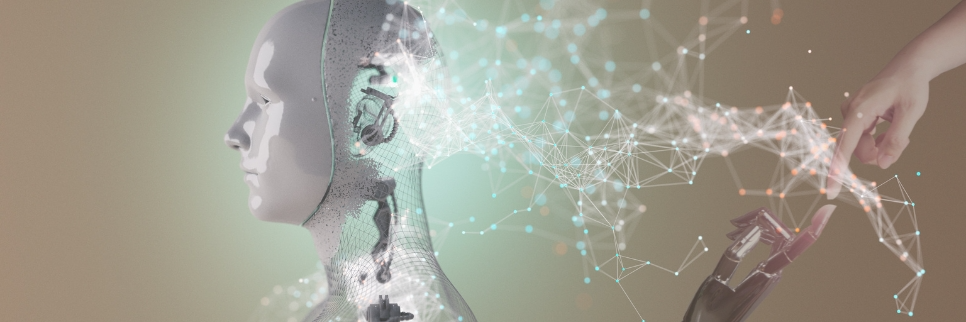Learning and playing together.

- July 12, 2024
- 1827
Providing children with the liberty to engage with and acquire knowledge from their surroundings is paramount. Giving kids the chance to play beyond the secure boundaries of the house makes this possible.
Scholars concur that play serves as a mental and physical bridge that connects kids to the outside world, giving them a platform from which to study and be creative in order to live better lives. can.
Play is essential to a child's mental, physical, and emotional development, according to research. He gains vital life skills from play, like emotional intelligence, creativity, and problem-solving, which will be important for mankind in the future.
A child truly learns how to lead when he transforms into a superhero during play. Building a Lego Fort teaches creativity to those who are organised. "Learning" is what "play" is all about.
Several of the largest organisations in the world established the "Real Play Co-operation" in recognition of the essential value of sports. Through this partnership, we hope to spread the notion that play is important for more reasons than just letting kids be kids—play really offers special chances for learning and development.
Giving kids as many opportunities to play as they can, wherever and whenever they can, is the aim of our collaboration.
Regrettably, millions of kids worldwide lack access to secure spaces where they can play and learn about the world.
Research indicates that 87% of parents in the modern era think that playing outside was safer for kids back then. Given this, it is therefore essential that we create a safer environment for kids to play in.
Youngsters who have the chance to play in a secure and encouraging setting learn interpersonal communication, teamwork, and negotiating skills that help them overcome obstacles in life.
Children today are losing out on play, both inside and outside the classroom, in a world where stress and worry are fueled by demanding schedules, high test scores, and growing technology. More than ever, people consistently downplay its significance.
According to research, children's participation in sports has drastically decreased during the previous 30 years. Two out of every three children in a survey of kids in China, Germany, and the US complained that their parents kept them too busy with extracurricular activities, and nearly half of the parents (49%) said it was hard to find time to play with their kids.
All of this indicates that developing the skills required for children's and society's futures will be hampered as long as it is difficult to provide opportunities for kids to play in our dynamic world.
56 percent of American youngsters spend less time outside than one prisoner, according to studies. A significant barrier to improving, brightening, creative, and humanitarian aspects of the world's future is this condition.
With the development of technologies like artificial intelligence and machine learning, it might be argued that children starting elementary school now will grow up in a world that is changing quickly and will require them to perform occupations that will become obsolete. This means that in order to prepare today's kids for the changing needs of tomorrow, we must reevaluate and modify our educational system, on-the-job training programmes, and the method of evaluating children's talents.
More than ever, play is crucial for children's mental, physical, and emotional development, as well as the acquisition of new abilities. Children learn to think creatively while they play.
Future generations will be better equipped for the future if children are given more opportunities to play now. We need our children now if the world is going to need leaders in the future who can put a stop to disputes, resolve issues among people, create socially cohesive communities, and motivate society to advance.
There must be possibilities for play. We have to think that any child in the world can become the leader the world needs in the future, provided they are given plenty of opportunity to play.








